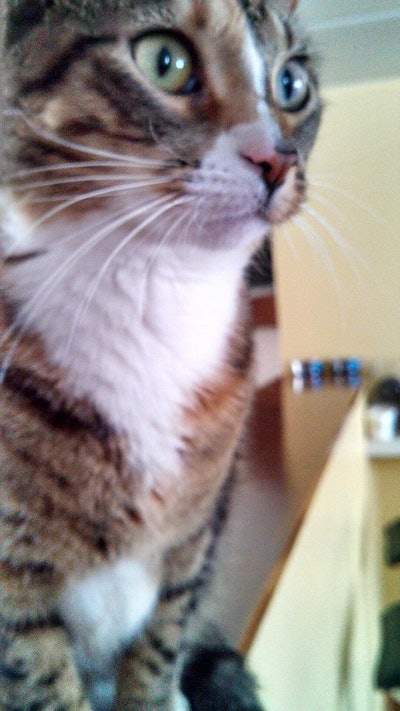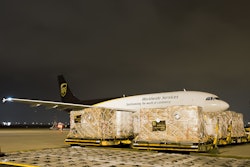
August 31, 2015—After American consumers learned about horrible working conditions and trafficked workers on some fishing vessels out of Thailand, class action lawsuits began, accusing American, European, and Thai companies of benefiting from deplorable working conditions farther up their supply chain. One of the companies accused, the Swiss conglomerate Nestle, says that “forced labor has no place in [their] supply chain” for Fancy Feast cat food.
In an email to the Associated Press, the company didn’t deny the allegations, but did explain that its suppliers are supposed to respect human rights, and the company has worked to eliminate all forced labor from its global supply chain.
The initial class action complaint points out that while cans of Fancy Feast do say that the fish comes from Thailand, it does not specify “Made in Thailand out of fish that may have been caught by men and boys trafficked from poorer neighboring countries and forced to work punishing hours while motivated by fear.” Cat food cans are small, so the print would have to be very tiny.
To read the full story, please click here.














